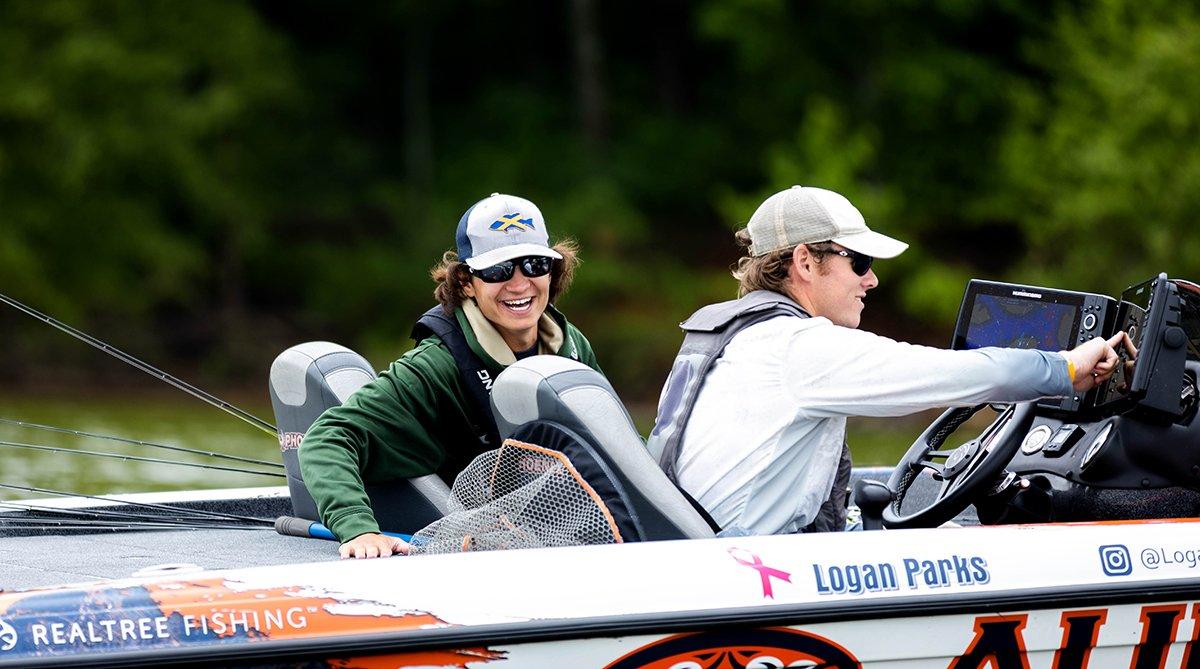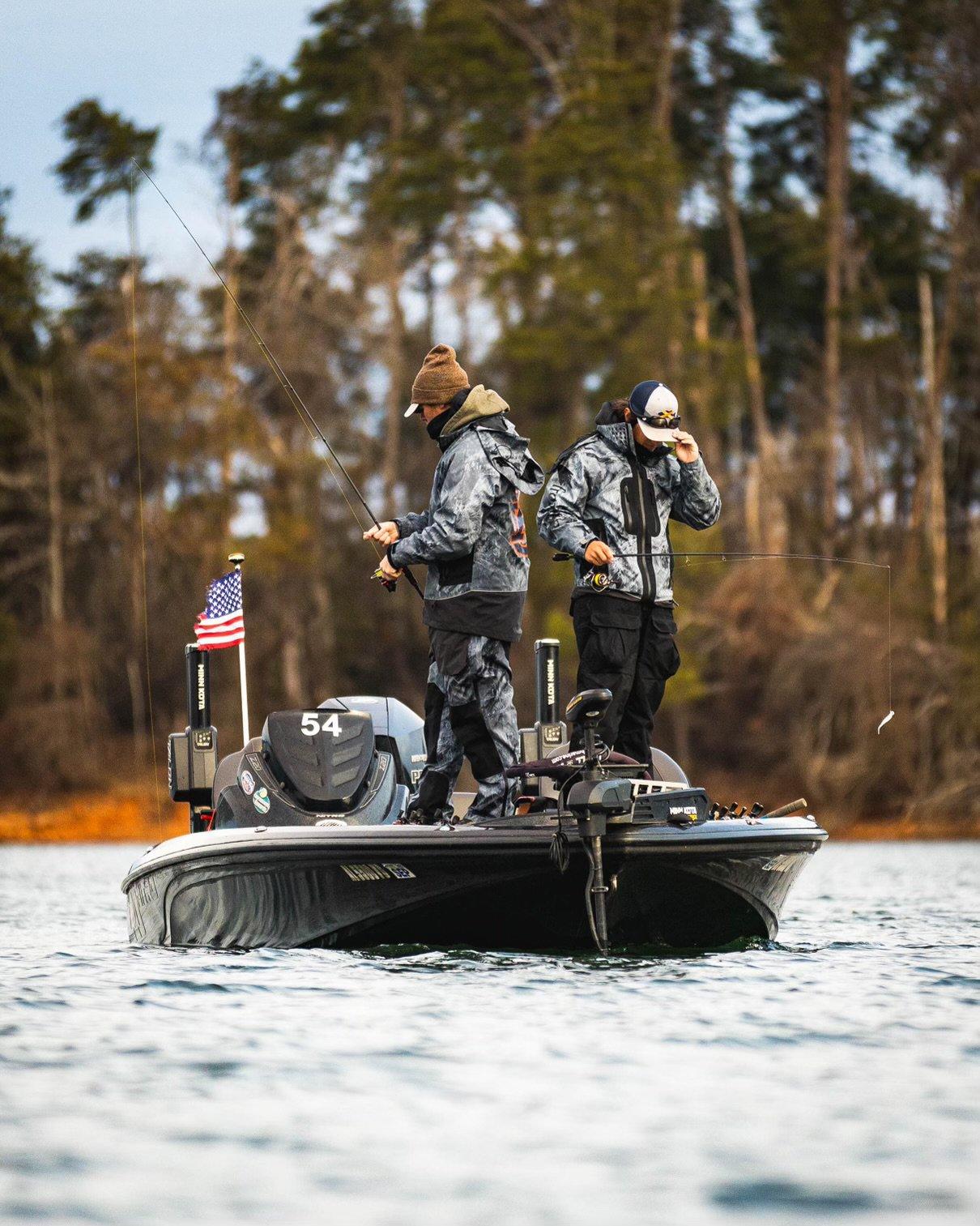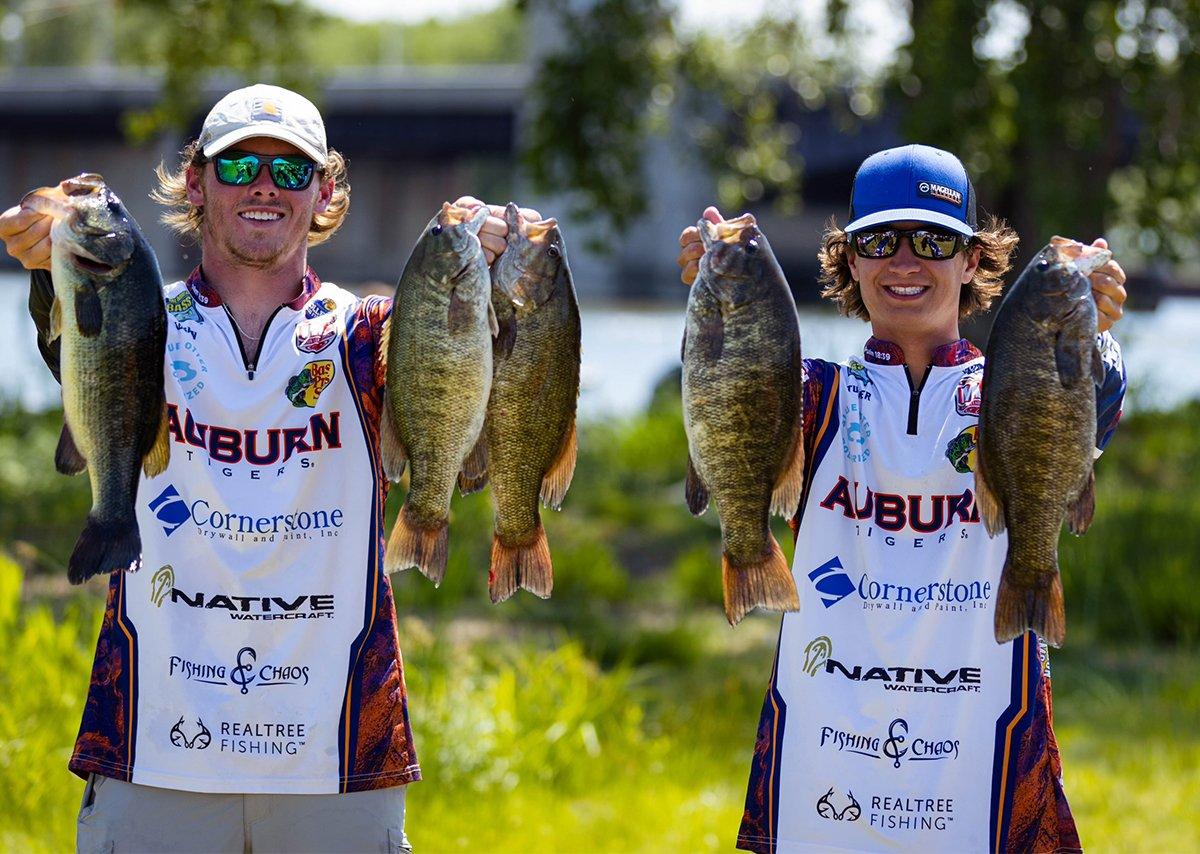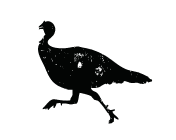Collegiate anglers Tucker Smith and Logan Parks won the U.S. Open National Bass Fishing Championship after a last-minute qualification and just one day of practice

In the course of a week, Auburn Fishing Team anglers Tucker Smith and Logan Parks had become superstars. Winners of the U.S. Open National Bass Fishing Championship, Smith and Parks split a million-dollar cash purse, and each took home a new truck and bass boat to boot.
Things couldn't have gone better for the young duo. Busy as usual with their hectic college fishing schedule, Parks and Smith hadn't considered jumping into the event. This event — the most lucrative team bass tournament in history — required success at a preliminary qualifier event, several of which were held across the country, but none of which the Auburn boys had attended.
But then the tide changed. Smith's father had learned of a last-chance qualifier being held on Arkansas's Bull Shoals Lake just days before the Championship. Despite having no practical experience on the fishery, the team jumped in the truck and drove through the night to Bull Shoals, following a college event in South Carolina.
With only one day to scope things out, Smith and Parks formulated a plan to target bass chasing baitfish far offshore, a pattern visiting anglers are often slow to capitalize on. This time of year, the fish are chasing bait, the winners stated, so we start by finding the bait.
Using the ultra-modern technique commonly referred to as video game fishing, Parks and Smith watched individual bass chase down their lures with a Garmin Panoptix sonar unit.
The single-day qualifier resulted in a 13th-place finish for the team, which was good enough to advance them to the U.S. Open at nearby Table Rock Lake. Still, the team continued to cut it close, with almost no time to practice on a massive body of water that they'd never seen.
At that point, we were just running on steam, Parks joked.

Lucky Birds
Again, with only one short practice day, the team stayed focused and fluid. Working off their momentum at Bull Shoals, Parks and Smith covered water similarly at Table Rock, looking for bass around baitfish in the major creeks around the lake. But, after three hours with dismal results, the team made a move out toward the main lake basins. They immediately collided with the motherlode.
It was literally the first place we went after we left the creeks; that's where we found the biggest concentration of fish, Smith remarked.
With the job of finding fish over, the team had to figure out how to make them bite. An unorthodox method turned out to be the hot ticket. The Damiki Rig — a hybrid technique borrowed from both the walleye and Japanese bass scene — teams a relatively plain plastic minnow bait with a heavy jighead, allowing anglers to effectively fish various depths.
(Don't Miss: 10 Reasons Why Fall Fishing is Better than Deer Hunting)
Parks and Smith would make relatively long pitch-casts to fish they'd see on their Panoptix unit, swim the bait to the bass, and play cat-and-mouse. It was more than the deep-water fish, all the while gorging on shad, could stand.
Most of the fish Parks and Smith caught at Table Rock were holding 15 to 50 feet down, in water as deep as 100 feet, an unheard-of depth for traditional bass fishing. However, with the advent of the new-wave electronics game, once uncatchable bass are now often targeted by savvy pros.
With the wining pattern established, the Auburn team cycled through their best areas to reach the finals, with a good shot to win. The final day, however, would be less than routine.

At 9:45, we had one little bass, the team noted. We weren't too worried, but our cameraman did remark that we were making it interesting.
After abandoning their early spots, the team spotted a group of diving birds while running down the lake, a sure signal of baitfish, and potentially bass. The birds proved to be a Godsend.
We hadn't fished there, ever, Parks said. And when we pulled in, we caught two 3-pound spotted bass at the last minute that gave us enough to win.
Smith commented on his relationship with renowned bass pro Aaron Martens, who passed away recently after a lengthy battle with brain cancer. Martens had served as Smith's mentor throughout his bass fishing upbringing.
Aaron's last pro win was on Table Rock Lake, Smith said. And, when we saw those birds diving, and I thought about him, it was really special. Aaron and the Lord sent those birds down to us.
Maybe so. There's so much about this big win that can be credited to faith, or fate, or the sacred time that can only be experienced in the outdoors. The story of Parks and Smith is one we won't soon forget. Realtree has long recognized the talent and dedication of all members of the Auburn Fishing Team, and continues to provide sponsor support in 2022. Logan Parks will be competing in his last season as a collegiate athlete this year, moving to competition on the Bassmaster Tournament Trail. His partner, Tucker Smith, will continue to compete with Auburn.










































